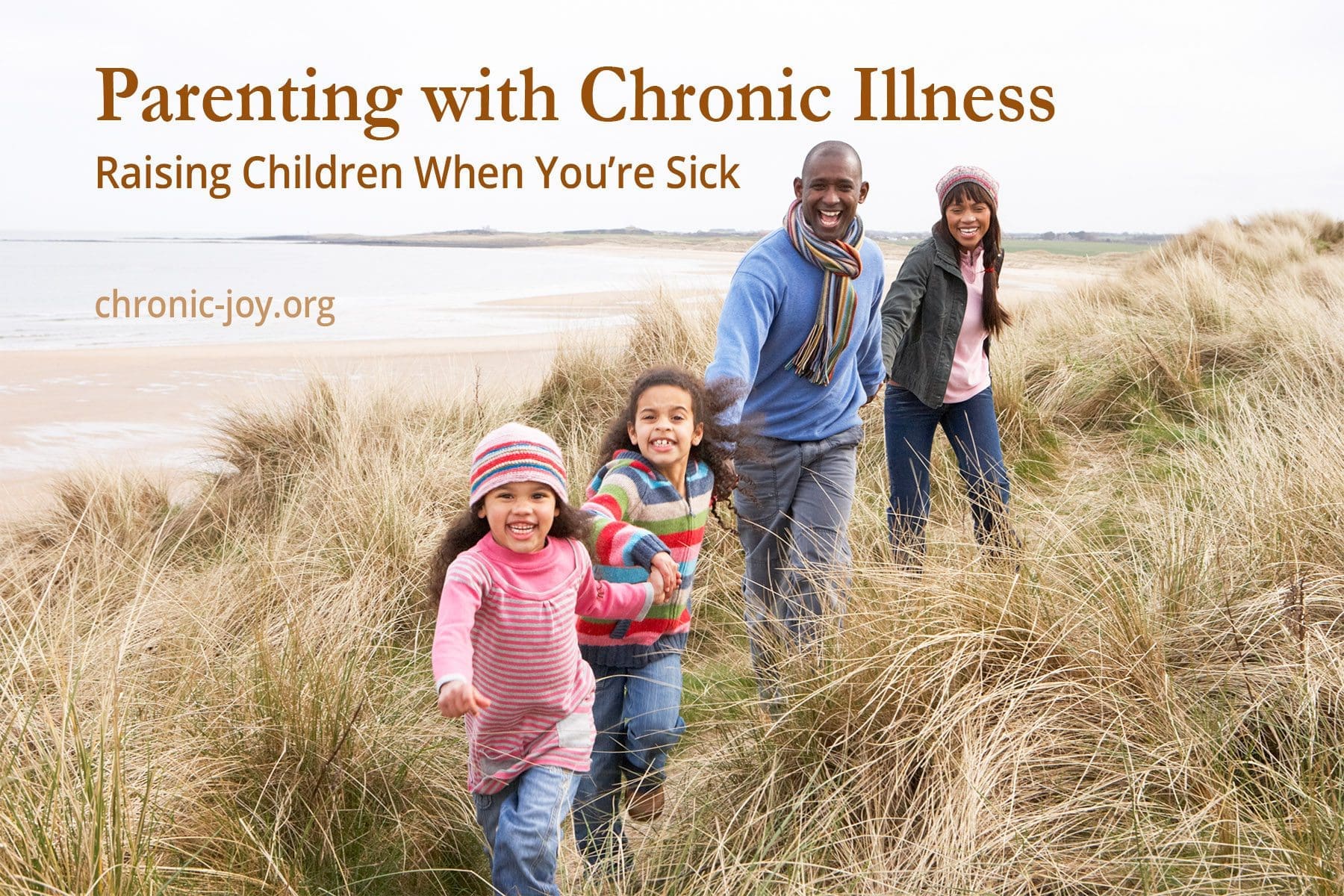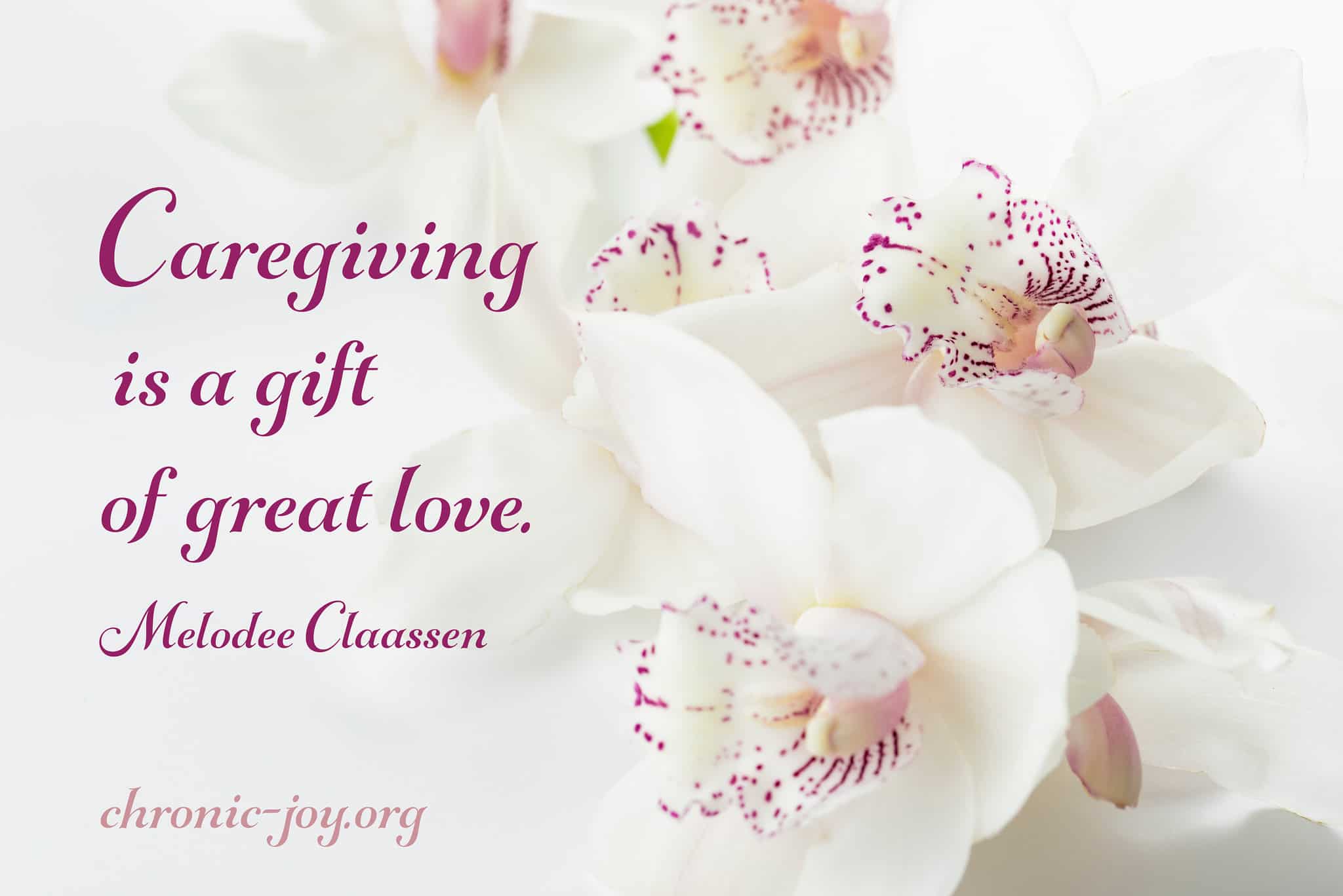WHO IS SHE?
Who is she?
She cleans the dishes and completes all the household chores, but she is not a housekeeper …
Who is she?
She does the meal planning and preparation, but she is not a chef …
Who is she?
She does the banking and the budgeting, but she is not a domestic economist …
Who is she?
She facilitates another’s personal grooming and hygiene, but she is not, in fact, a home health aide …
Who is she?
She is …
The invisible child … a young caregiver.
WHO AM I?
I am a mother … parenting on my back.
At age 37, Rheumatoid Arthritis (RA) invaded my body and deteriorated both my large and small joints, leaving me immobile. The disease exacerbated to the point where my joints are fused, because the synovial fluid which should make the joints mobile is almost non-existent. RA keeps me physically dependent on others for my daily needs: grooming, personal care, feeding, home maintenance, even parenting.
My diagnosis sent my husband packing, leaving me to parent alone … from the wheelchair and the bed. The most challenging and difficult change was the role reversal in our home. Where I was once a mobile mother, I was now dependent on my children to care for me. My two precious daughters, eleven-year-old Jasmine and seven-year-old Tiffany, became my caregivers.
Though I am a strong and independent woman, RA thrust dramatic changes into my life, including parenting alone on my back, causing me to face some difficult truths and learn to see the situation through a new lens.
I wanted my girls to be happy, fulfilled, prosperous, and loving. I wanted them to flourish, living life in abundance. So I wondered how they could care for me, maintain the household, and still nurture their own identities. I implemented Family Forums, and at our first session, I told the girls the rules and roles would be changing, but authority would remain the same. My daughters accepted that academics were still a top priority. They loved school and had already chosen career paths. My oldest daughter, Jazzy, hoped to be an entertainer, and my youngest, Tiffany, an international attorney.
As a former social worker, I knew my daughters could become wards of the state because of my diagnosis, so I taught them to live under the radar and keep our home life quiet. I stressed the importance of obeying my directions and of communicating with me. It was imperative that they think about the consequences when making decisions, for if they chose to misbehave and authorities placed them in foster care, they would remain in care through age 18.
I needed my girls to be my hands and feet – cleaning, cooking, paying bills, and assisting me with basic daily activities like grooming, feeding, and personal care. Handling finances was a priority, and Tiffany, who loves numbers, especially when money is involved, stepped up. Jazzy, who only wants to “spend money,” stepped up to help with my personal care.
IT TAKES A VILLAGE
Our new normal also taught me to reach out to others for support. All my life I’ve been self-reliant and independent, nurturing and supporting others in their endeavors, which meant reaching out wasn’t easy for me. But it also required me to be careful and exceedingly vigilant.
My longtime friend Dr. Wilson, a.k.a Doc, a minister and a great communicator, spoke of forgiveness frequently with my girls, as they didn’t hold back their resentment over their father leaving us, and over the disease that had invaded my body. The girls respected and trusted Doc, learning from his wisdom. Over the years, Doc became a strong male role model in my girls’ lives, acknowledging their achievements and reinforcing their self-esteem.
Because both of my daughters love to socialize, I wanted to support them in their relationships and activities. I was Doc who invited them on church excursions, weekend camping trips, day trips to museums, parks, and special restaurants. He chauffeured them on school activities and outings with friends. And whenever we all went on an adventure together, Doc would be my caregiver, freeing the girls to focus on themselves.
As the girls grew and were recognized for their academic work, and also desired to expand their travel — visiting relatives out-of-state and exploring other countries. Because I needed round-the-clock care, we created a shared calendar to schedule my care and create a greater opportunity for them to travel.
Over the years, Doc was just one of members of our “village” who supported me in raising the girls. The old African proverb, “It takes a village to raise a child,” proved true for us. Our village changed our lives, growing us in compassion, acceptance, and the endurance we needed to embrace life’s challenges.


Diane Williams, M.A.
Author
Diane is the author of The Invisible Child: A Memoir and Angels In Action: 12 Stories To Inspire. Her work has appeared in Guideposts Magazine, Pray! Magazine, Living Light News, La Verne Magazine, and the San Dimas Anthology, and she writes the column Get Well…Stay Healthy, and Prayer Matters. In addition, she maintains the blogs: https://writerworks.wordpress.com/.

Parenting with Chronic Illness
Raising Children When You’re Sick
Parenting with chronic illness brings countless challenges, but there is abounding peace and overflowing grace surrounding every limitation, learning to lean on Jesus step by step.


Recent Comments